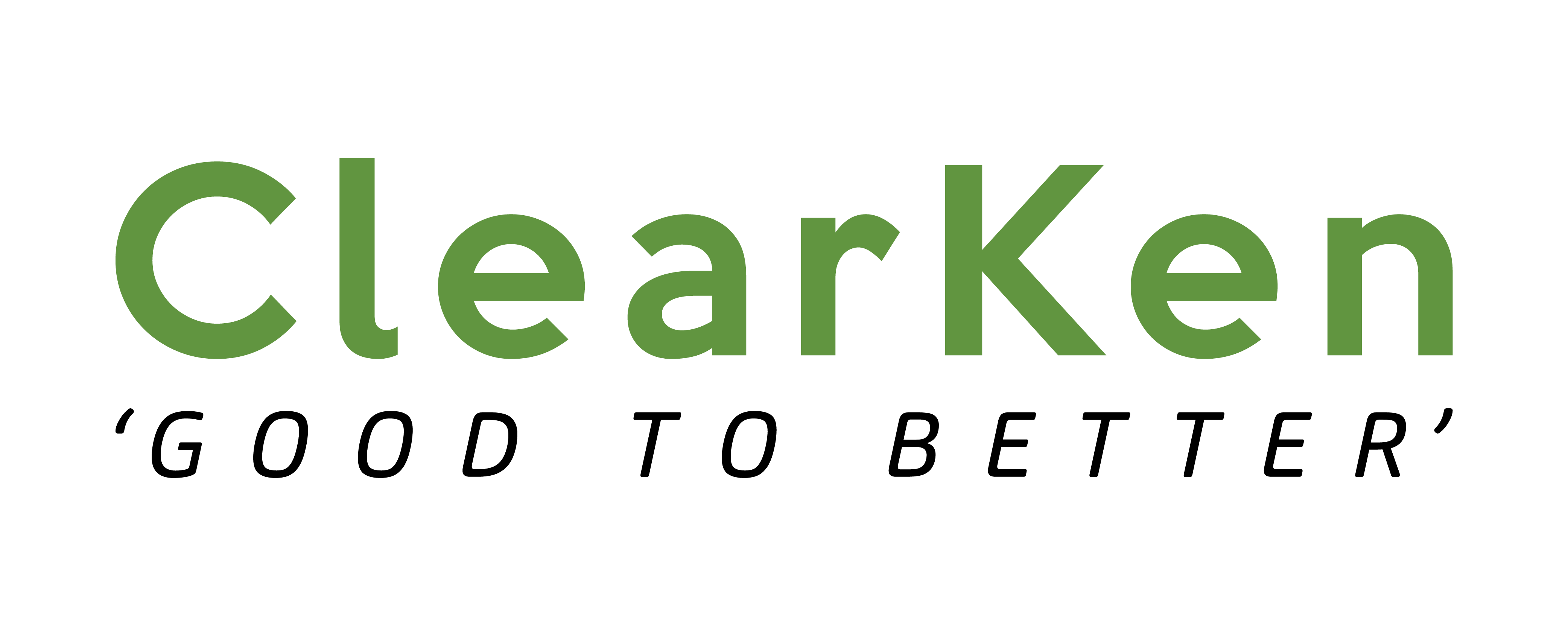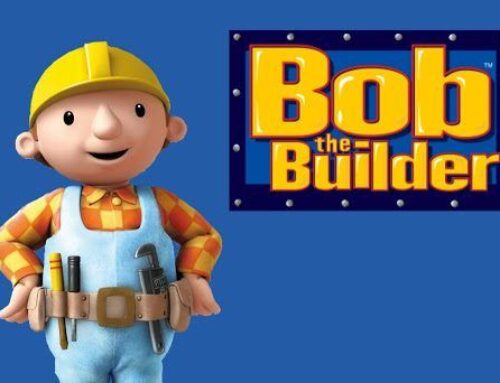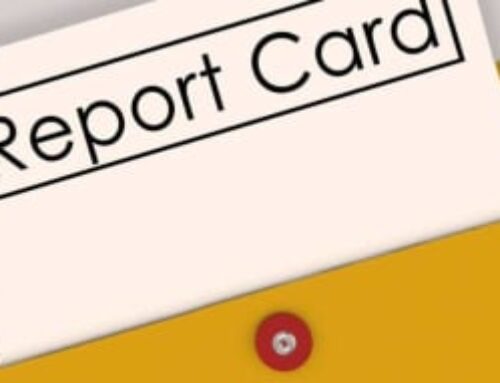
Was That No Maybe?

Think back
When you were growing up and you asked for something your parents often said, “No” with a variety of phrases. Each one meant something different to you; few of them were seen by you as an ironclad turn down – or you wouldn’t have asked more than once. Really, what kid settles for no?
The Ways Kids Define “No.”
- “No” means not now
- “Not now,” means to ask again in a little while.
- “I don’t think so,” means ask the other parent.
- “I can’t afford it,” means yes, if you can mow a few lawns to help pay for it.
- “Maybe later,” means yes in a little while.
- “No, and if you ask again you’re grounded for the rest of your life,” – that actually means “No.”
In Sales
“No.” You’re Not Talking To The Right Person
Before you make the call, know who you’re calling. Know their job title and function; determine if their characteristics are similar to your other buyers. If you have the wrong person, tactfully dig in and try and get referred to the right person.
“No.” Your Product Doesn’t Fit Thier Needs
Less than 15% of prospects called believe that you know their needs. The best way to know their pain is to know their company. That means research, which doesn’t have to take a mountain of time. A practiced eye can make a fair amount of educated guesses in a small amount of time. If Sales and Marketing are working effectively together you may get someone to do this research and leave brief notes on an account. Teamwork gets more done.
- Do a keyword search using negative terms and phrases such as angry, bad service, frustrated, complaints, bad business, etc. along with the company’s name.
- Do a search that compares the company with their competitors. Company ABC vs. Company DEF
- Check the Better Business Bureau
- Check their Website and see what the topics are in planned webinars and conferences since speakers often address pain issues.
“No.” They Weren’t Prepared To Make A Decision
Know that four fifths of the prospects that wound up as customers via nurturing – said, “No, ” first.
Successful companies know the value in being on the lookout for better. Being complacent can be a waste of money. Think in terms of your car insurance or your Internet Provider. If you don’t periodically evaluate and check for a better deal you often pay more than you have to or you forfeit the chance to get better features.
“No.” They Prepfer Your Competitor
Many things in life are about timing. You may have just caught the prospect when they have come out of a budget tightening meeting; they are just having an off day, or they are distracted by something personal. There are a multitude of reasons they may not be tuned into you. Leave them with an understanding comment and tell them you will check back with at a later date.
“No.” Just Plain “No.”
Sometimes “No” really does mean – ask again and you’re grounded for life. Respect their decision and let it go, or risk that they will spread the word about your refusing to get the message. Use it as a learning experience and leave them on a positive note. Let it go and document it so someone else doesn’t pester them.
In Sales it serves purpose to take a page out of your childhood and listen to the way an Objection is phrased and try to figure out what “No” really means before you give up. Work at your technique and find ways to phrase your questions that will get a prospect to tell you their pain.



